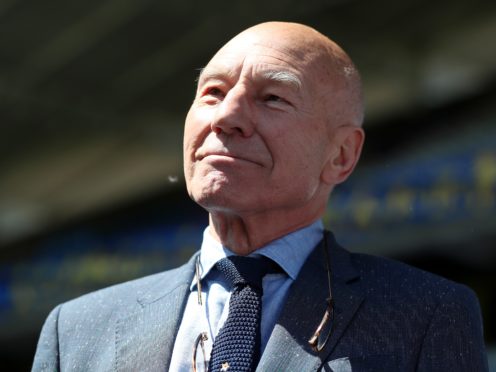Sir Patrick Stewart has condemned the “self-interest” of politicians and said young voters could provide a better future.
The veteran Shakespearean actor has voiced his contempt for the voices of the political class, and accused leaders of seeking only to extend their power.
Sir Patrick has said he despises the self-serving motivations he sees in politicians, and would push for change by extending the voting franchise.
He said that young people should have the right to cast their vote in elections, and is impressed with the determination and activism of the millennial generation, believing younger teenagers should be given the chance to vote.
The veteran of stage and screen was asked for his views on the quality of leadership in a United Kingdom gripped by Brexit.
Sir Patrick said: “There is too much self-interest in politics at the moment: holding on to power, increasing their power, being proved to be right. All those things I despise.”
The star spoke at a screening of his latest film venture, The Kid Who Would Be King, where he offered wisdom to the younger cast on-screen and off.
He was impressed by the awareness and self-determination of his young colleagues during filming, and believes there is hope for the future if it is in the hands of the upcoming generation. He has admired the way in which activism is embraced by young people, and believes they should be allowed to express their beliefs in the voting booth.
Turn up the music!🔉 Get the official #KidWhoWouldBeKing soundtrack now: https://t.co/fkWWg4CdIl pic.twitter.com/NyflrJA9cP
— The Kid Who Would Be King (@KidWouldBeKing) February 2, 2019
He said: “I hear talk now that 14-year-olds should have the vote. I would certainly vote for that.
“They want to have an impact. That’s what young people today have already been having, politically. We see it every day in the newspapers.
“I spend a lot of time in the United States. There have been remarkable incidents where young teenagers have stood up, gone in front of the cameras and pronounced what it is that has to be change, to make this world not only a better world for them, but in their generosity and their forward looking, for everybody.”
He added there was “undoubtedly” hope for the future.
The Kid Who Would Be King, an Arthurian tale of teenagers learning the qualities of leadership, will be released nationwide on Friday February 15.
